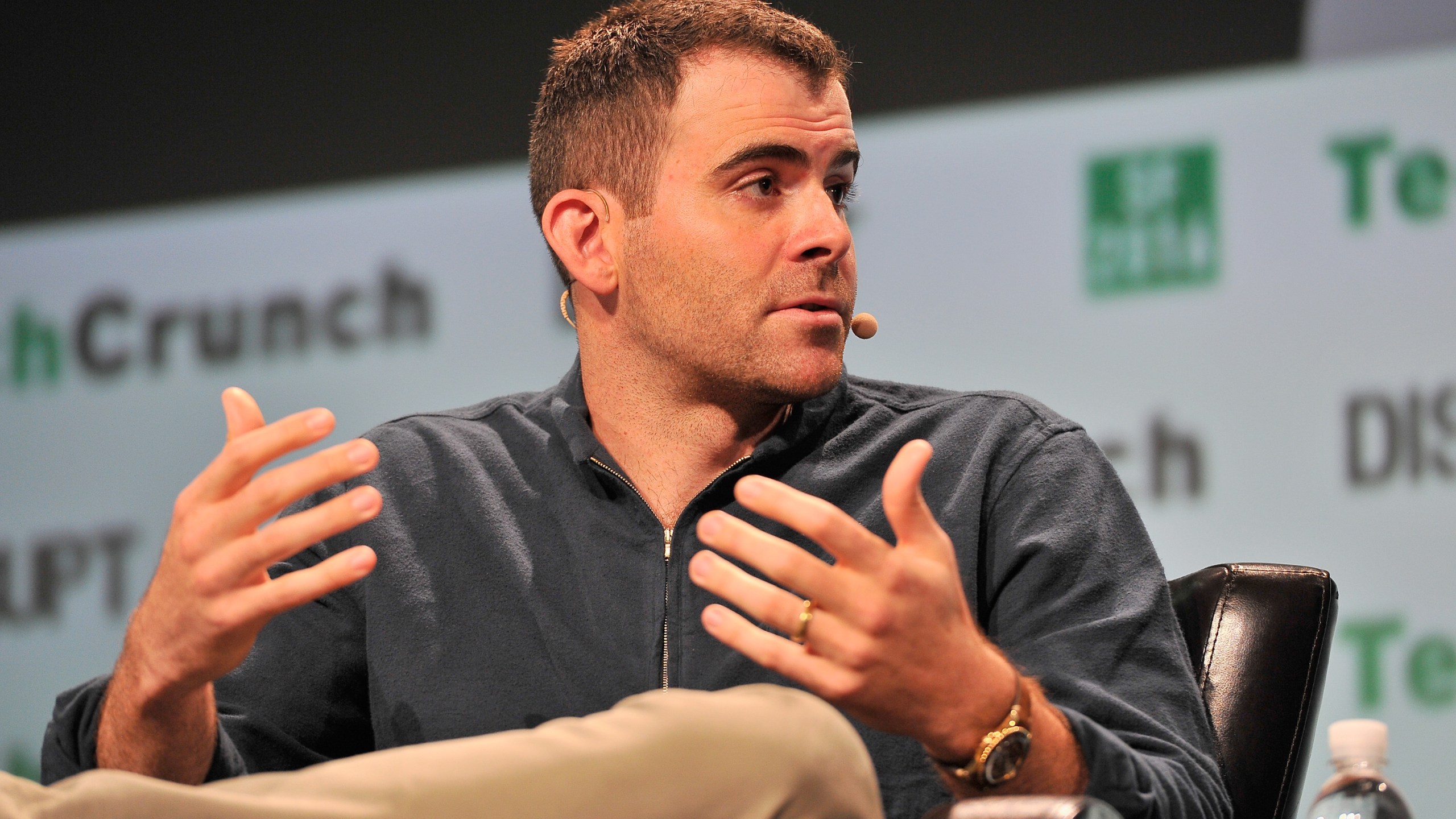Wildfire Betting: Exploring The Ethics And Risks Of Disaster Speculation

Table of Contents
The Mechanics of Wildfire Betting and Related Markets
Wildfire betting, though still relatively nascent, encompasses various methods of speculating on wildfire events. Individuals might wager on several aspects of a wildfire, including:
- Predicting the size of a fire: Bets could be placed on the total acreage burned, comparing predictions against official post-fire assessments.
- Forecasting the location of a fire: Speculators might bet on the likelihood of a fire starting or spreading to specific geographic areas, based on factors like weather patterns and fuel density.
- Estimating property damage: Bets could be placed on the total monetary value of property damage resulting from a wildfire, potentially using insurance claims data as a reference point.
These bets are often placed through unregulated online platforms, obscure betting exchanges, or even through informal networks. The lack of oversight makes these markets exceptionally risky and opaque.
- Examples of specific types of bets: Binary options (will a fire exceed X acres?), spread betting (predicting the difference between official estimates and the bettor's prediction), and even more complex derivatives based on wildfire indices are possibilities.
- Use of data: Sophisticated bettors may leverage weather data, satellite imagery, fuel condition maps, and even historical wildfire patterns to inform their predictions. AI algorithms and machine learning are increasingly being used to analyze this complex data, potentially leading to more accurate (and potentially more damaging) predictions.
- Role of algorithms and AI: The use of AI in predicting wildfire behavior raises ethical concerns. Algorithms trained on historical data may inadvertently perpetuate biases or fail to account for unforeseen circumstances, leading to inaccurate and potentially harmful predictions.
Ethical Concerns Surrounding Wildfire Speculation
The ethical implications of wildfire betting are profound. Profiting from the suffering and displacement caused by natural disasters is inherently insensitive and morally questionable. This practice raises several key ethical concerns:
-
Insensitivity and the Commodification of Suffering: Wildfire betting treats human suffering and environmental destruction as a commodity, generating profit from tragedy. This dehumanizes victims and trivializes the devastating impact of wildfires.
-
Potential for Manipulation and Exacerbation: There's a potential for malicious actors to manipulate the market. False information about fire conditions or even deliberate actions to worsen a wildfire (though extremely rare and illegal) could be undertaken to influence betting outcomes, exacerbating the disaster itself.
-
Influence on Fire Management: Could speculative betting inadvertently influence fire management or response efforts? The incentive to downplay or overstate the severity of a wildfire for personal financial gain is a significant risk.
-
Arguments against wildfire betting: The practice is deeply disrespectful to victims, undermines community trust, and normalizes a callous disregard for human suffering. It lacks societal value and creates an environment of exploitation.
-
Ethical implications for insurance companies: Insurance companies bear the financial burden of wildfire damage. Wildfire betting could potentially increase their payouts without contributing to fire prevention or mitigation efforts.
-
Psychological impact on victims: Knowing that individuals are profiting from their loss could add another layer of trauma and suffering for wildfire victims.
The Financial Risks of Wildfire Betting
Wildfire betting is exceptionally risky. The inherent volatility and unpredictability of wildfire behavior mean significant financial losses are extremely likely.
-
Inherent Volatility and Uncertainty: Wildfires are complex natural phenomena influenced by numerous factors, making accurate prediction exceptionally difficult. Even the most sophisticated models can be inaccurate.
-
Potential for Substantial Financial Losses: The potential for devastating financial losses for individuals engaging in wildfire betting is high. Many unregulated markets offer little to no investor protection.
-
Lack of Regulation and Investor Protection: The unregulated nature of most wildfire betting markets leaves investors vulnerable to fraud, manipulation, and substantial financial losses. There's no guarantee of fair play or recourse in case of disputes.
-
Examples of potential losses: A single inaccurate prediction on a large-scale wildfire could result in the total loss of a bettor's investment.
-
Comparison to other high-risk investments: Wildfire betting is arguably riskier than many other high-risk investments, as it involves a unique combination of unpredictable natural events and a largely unregulated market.
-
Lack of transparency in unregulated markets: The opaque nature of these markets makes it difficult to assess the true risks involved, leaving bettors vulnerable to exploitation.
Regulatory Challenges and Potential Solutions
Regulating wildfire betting presents significant challenges. The global nature of online platforms and the rapid evolution of these markets make enforcement difficult. However, several potential solutions exist:
-
Stricter Laws and Increased Transparency: Governments need to enact legislation specifically targeting wildfire betting, mirroring existing regulations on other forms of gambling. Increased transparency regarding market operations and betting practices is crucial.
-
Greater Oversight and Regulatory Bodies: Dedicated regulatory bodies could monitor these markets, ensuring compliance with regulations and protecting investors. International cooperation is vital due to the transnational nature of online betting.
-
Examples of potential regulations: Licensing requirements for online platforms, restrictions on the types of bets allowed, mandatory disclosure of algorithms used in predictions, and consumer protection measures are all possibilities.
-
International agreements: International collaboration is crucial to address this global issue effectively. Sharing information and coordinating regulatory efforts across borders is essential.
-
The role of governments and regulatory bodies: Governments must take a proactive role in regulating this nascent market, working with international partners to establish clear guidelines and enforce regulations.
Conclusion
Wildfire betting represents a morally questionable and financially perilous practice. The act of profiting from natural disasters raises serious ethical concerns, while the inherent risks involved can lead to significant financial losses. The lack of regulation further compounds these problems, creating a vulnerable market ripe for exploitation. To mitigate the risks and address the ethical implications, robust regulatory frameworks are urgently needed. We must actively discourage wildfire betting and similar forms of disaster speculation to protect vulnerable communities and prevent the further normalization of this ethically problematic behavior. Let's work together to ensure responsible practices and a fairer future. The time for action is now to prevent the further spread of this unethical and dangerous practice.

Featured Posts
-
 The Medieval Book Cover A Clue To Merlin And Arthurs Story
May 11, 2025
The Medieval Book Cover A Clue To Merlin And Arthurs Story
May 11, 2025 -
 L Arrivee De Cyril Hanouna Sur M6 Le Point De Vue D Un Animateur Cle
May 11, 2025
L Arrivee De Cyril Hanouna Sur M6 Le Point De Vue D Un Animateur Cle
May 11, 2025 -
 Adam Mosseris Testimony Instagrams Survival Strategy Against Tik Tok
May 11, 2025
Adam Mosseris Testimony Instagrams Survival Strategy Against Tik Tok
May 11, 2025 -
 Division Title Secured Celtics Impressive Blowout Win
May 11, 2025
Division Title Secured Celtics Impressive Blowout Win
May 11, 2025 -
 Ufc Champ Valentina Shevchenko Dismisses Manon Fiorot I Dont Care About Her
May 11, 2025
Ufc Champ Valentina Shevchenko Dismisses Manon Fiorot I Dont Care About Her
May 11, 2025
